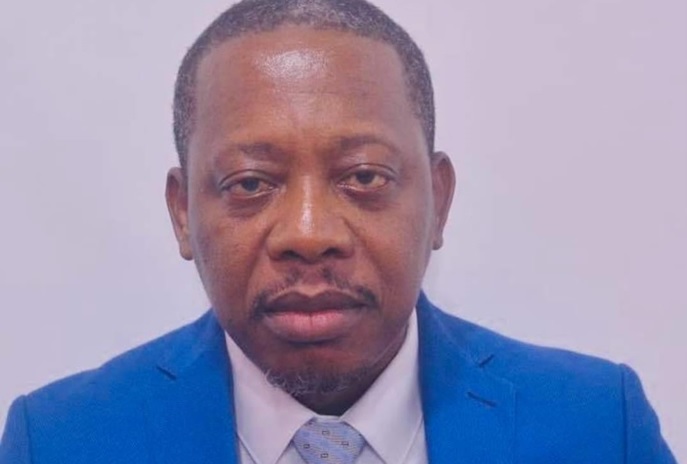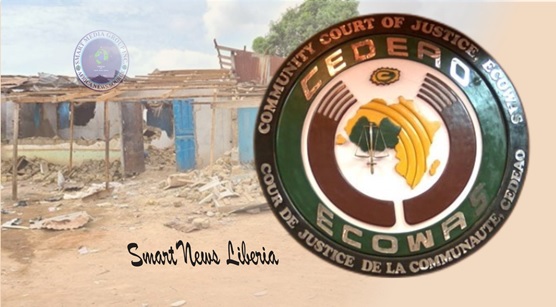MONROVIA — Former Montserrado County District 8 Representative Acarous Gray has sparked controversy with explosive allegations against President Boakai, accusing him of involvement in money laundering and terroristic financing. Gray’s accusations surfaced during inquiries into the government’s acquisition of earth-moving machines for Liberia. He claimed that individuals President Boakai engaged with regarding these machines were “criminals, money launderers, and participants in terroristic financing.” These remarks ignited intense debate and scrutiny within Liberian political circles.
Deputy Information Minister Daniel Sando swiftly dismissed Gray’s claims as baseless “loose talk,” hinting at internal disarray within the former ruling CDC party over the procurement of the machines.
Meanwhile, Gray called on the national legislature to defend its constitutional authority, cautioning against executive actions that could undermine legislative oversight. He specifically criticized the “Yellow Machine Mamaka-Gate,” urging transparency and accountability in the controversial procurement deal.
Gray’s allegations are expected to heighten political tensions, with accusations of constitutional breaches and calls for legislative intervention resonating across the country. The controversy has drawn attention to concerns about terroristic financing and money laundering implications, particularly regarding what Gray described as clandestine operations behind the procurement deal. He applauded lawmakers Melvin Cole, Musa Hassan Bility, and Frank Saah Foko for opposing what they see as unconstitutional executive actions.
Amidst the accusations and denials, the Liberian public could grappling with the implications of Gray’s claims, injecting uncertainty into the political discourse. The controversy has spurred debate on social media and among civil society groups, with demands for thorough investigations and transparency in government dealings gaining momentum.
President Boakai’s administration, through the Ministry of Information, has refrained from directly addressing Gray’s specific allegations. Instead, the government has emphasized its commitment to lawful governance and economic development. However, this silence could fuel speculation and heighten public scrutiny, prompting calls from various quarters for clarity and accountability.
Investors are closely monitoring developments, particularly the responses from both the executive branch and the legislature. The outcome of this controversy could significantly impact public trust in government institutions and shape future political dynamics in Liberia. It underscores the critical need for robust governance frameworks and adherence to constitutional principles.
The allegations have underlined extensive concerns about governance and transparency in Liberia, affecting both domestic political stability and international relations. As Liberia navigates these turbulent waters, the demand for accountability and adherence to democratic principles remains crucial, shaping the nation’s political landscape in the months ahead.







